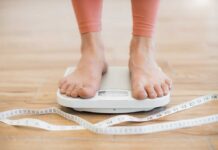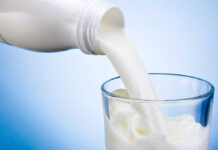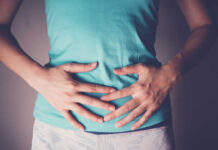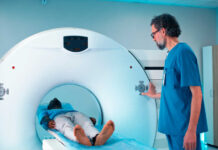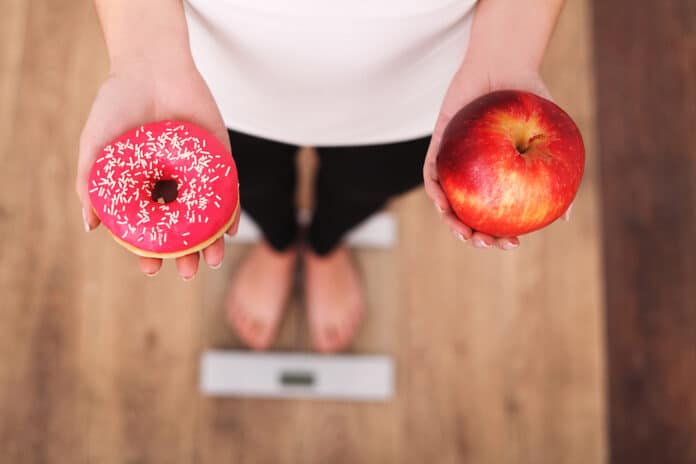
The health, diet, and fitness industries have recently gained much traction. People are more concerned about what they eat and how it affects them. In response, the internet has been flooded with much information on dieting. Unfortunately, some of them are not true.
This article will debunk six of the most common diet myths you see on the internet today. Let’s get started!
Fat Makes You Fat
Fat, when eaten in moderation, is essential for good health. Most of the time, you gain weight because you eat more calories than you burn, not because you eat fat. There is no evidence to suggest that a diet moderate in fat will lead to weight gain, and in fact, fat adds flavor and satiety to food, which, as a result, helps you eat less. Olives, avocados, nuts, and olive oil are healthy fats that should make up a small percentage of your daily calorie intake.
Fats are also one of the three main macronutrients, which are nutrients we need in larger quantities to produce energy. Restricting all fats without considering the types of fats out there is dangerously simplistic.
Skinny Means Healthy
Since fat retention in people occurs for different reasons, it’s not a good way to tell if they’re healthy. Keep up with your fitness routine and regular doctor visits, even if you are already at a healthy weight. According to one study, being too skinny may be just as bad as being obese. In fact, some researchers have hypothesized that this could be because slimmer people are less likely to put their health first.
Dieting is the Best Way to Lose Weight
While dieting can lead to momentary weight loss, its effects are not sustainable in most people, according to the review of a set of studies by UCLA. Regular exercise is the best way to ensure your lost weight stays off for good.
All Calories are Equal
Consuming fewer calories than you burn off is the key to losing weight. But counting calories doesn’t show how good your meal is because you shouldn’t treat all calories the same way.
For example, the effects of consuming a hundred calories from salmon and soda are very different.
Additionally, foods with a low Glycemic Index (GI) promote a moderate rise in blood sugar, which means you can go without eating for extended periods.
Eight Glasses of Water a Day Keeps the Doctor Away
As great as water is, you can make it one of the beverages you consume, not the only one. Also, the human body is highly efficient at sending warning signals of dehydration to the brain before things become dire.
A dietician suggests watching the urine’s color as a more reliable indicator. When your urine looks like lemonade, it’s time to consume more liquid.
Carbs Will Make You Fat
Carbohydrates, along with fat and protein, are a type of macronutrient. Some carbs, like refined grains and sugary snacks, should be avoided when trying to lose weight, but it’s a myth that all carbs will make you fat.
While processed foods like chips, soda, cookies, and cakes will make you fat, starchy whole grains and fruits high in fiber and other nutrients won’t if you eat them in moderation.

